Hormone replacement therapy (HRT) is a powerful tool for managing menopausal symptoms and improving quality of life. But with any powerful tool comes the responsibility to weigh its potential benefits against the long-term risks. Let’s dive into the science behind HRT and its impact on your cardiovascular health, bone density, and breast cancer risk, empowering you to make informed choices for your long-term health.
Cardiovascular Concerns:
HRT’s impact on heart health can be a double-edged sword. For women under 60 or within 10 years of menopause, studies show HRT can actually reduce the risk of heart disease and stroke. This is because estrogen helps keep blood vessels flexible and reduces inflammation. However, for women who start HRT later or have a history of heart disease, the risks become more nuanced. Combined HRT (estrogen + progesterone) can slightly increase the risk of blood clots, while estrogen-only therapy appears to have a neutral or even protective effect.
Building Strong Bones:
Osteoporosis is a major concern for women after menopause as bone density declines. Here’s where HRT shines. Studies consistently show that HRT can significantly increase bone mineral density, reducing the risk of fractures, especially hip fractures. This benefit outweighs the small potential increase in heart disease risk for most women.
Breast Cancer: A Delicate Dance:
The relationship between HRT and breast cancer risk is perhaps the most complex and debated aspect. Large studies like the Women’s Health Initiative initially raised concerns about an increased risk with combined HRT, particularly in women who started later or used it for longer durations. However, newer research suggests these risks might be specific to certain types of HRT, delivery methods, and individual health factors. Estrogen-only therapy, for instance, appears to carry minimal or no increased risk. Ultimately, the decision requires a personalized risk-benefit analysis with your provider.
Beyond the Numbers:
It’s important to remember that HRT is not a one-size-fits-all solution. Your individual medical history, lifestyle, and symptom severity all play a crucial role in determining if the long-term benefits outweigh the potential risks. Open communication with your provider is essential to assess your specific risk factors and create a personalized HRT plan that prioritizes your long-term health goals.
Empowered Choices:
Don’t let fear mongering or conflicting information hold you back from making informed decisions about your health. HRT can be a powerful ally in managing menopause and promoting long-term health, but it’s not without its nuances. Equip yourself with knowledge, ask questions, and work collaboratively with your provider. Together, you can weigh the scales of risk and benefit, make the right choices for your unique situation, and embark on your next chapter with confidence and clarity.
Remember, you are not just a set of statistics. You are a woman with a unique story, and your HRT journey deserves to be personalized. Embrace the power of knowledge, prioritize open communication with your healthcare team, and step into your next chapter feeling empowered to make choices that align with your long-term health and well-being.



 by RLC Media
by RLC Media